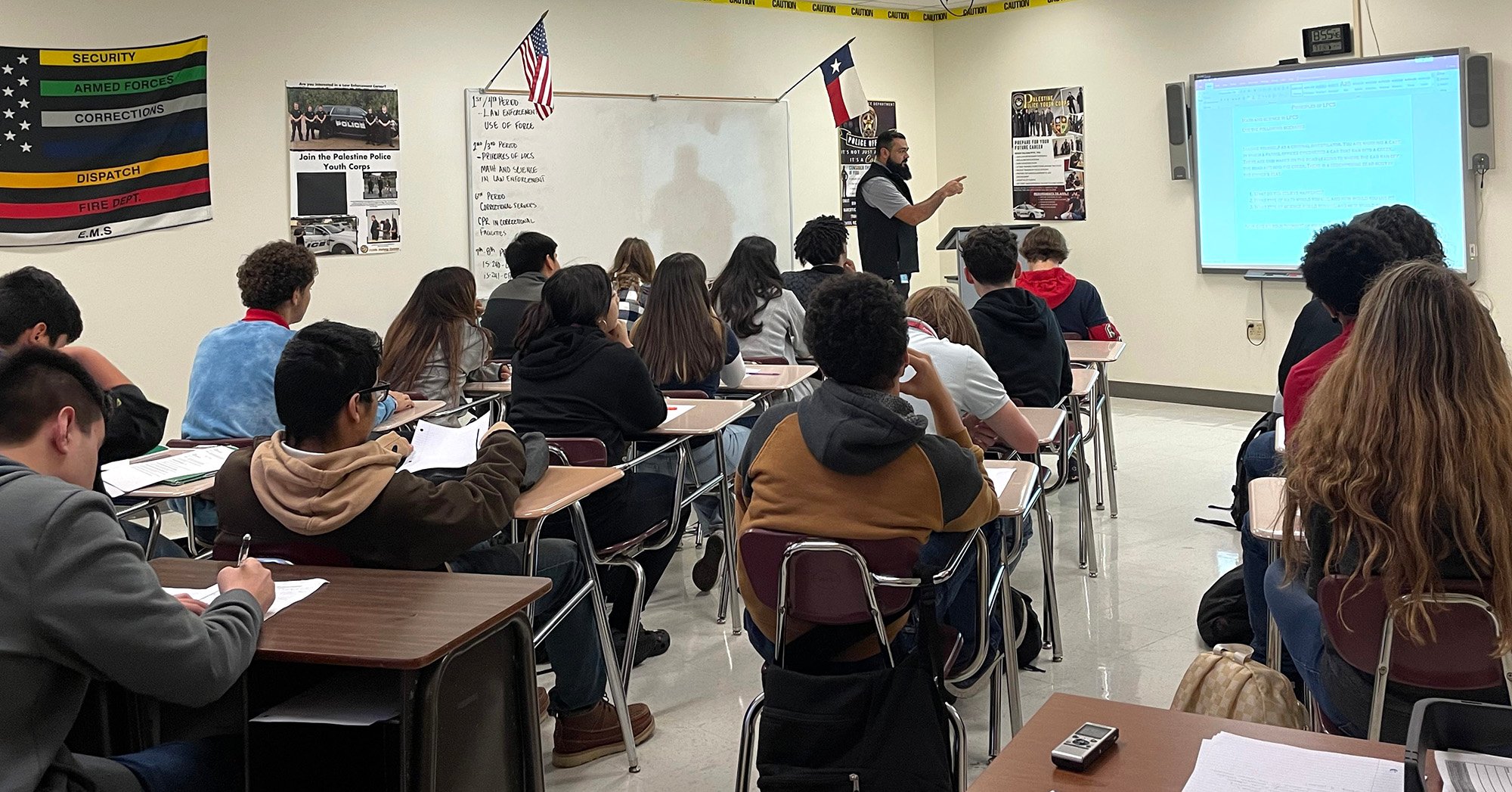
Texas Recruits High School Kids To Be Corrections Officers
Short on guards, the state hopes to attract students enrolled in corrections career training programs once they turn 18.
Since 1954

Short on guards, the state hopes to attract students enrolled in corrections career training programs once they turn 18.
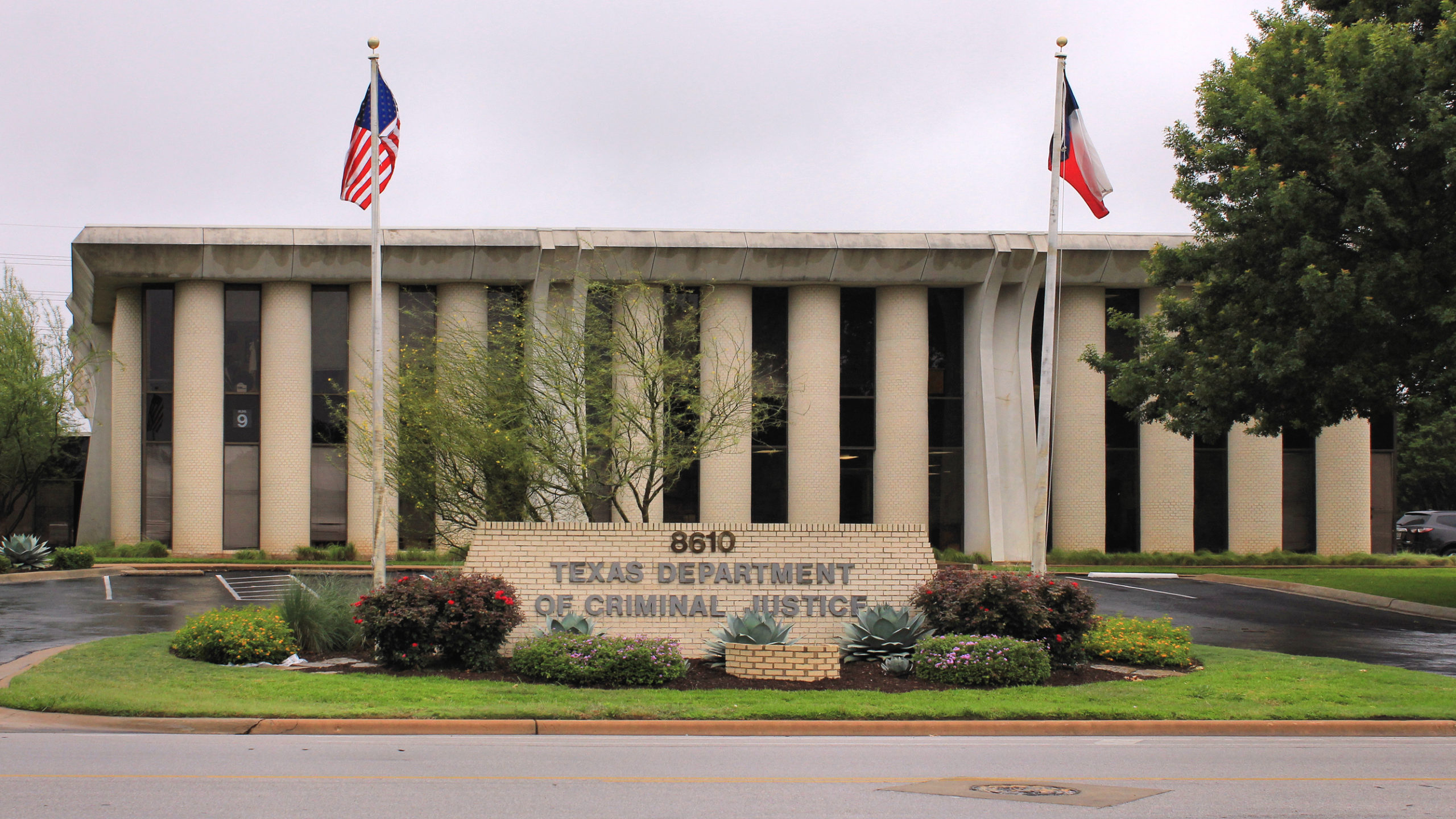
Texas lawmakers are confronted with a bleak picture of life inside Texas Department of Criminal Justice facilities every two years. Will they act this year?
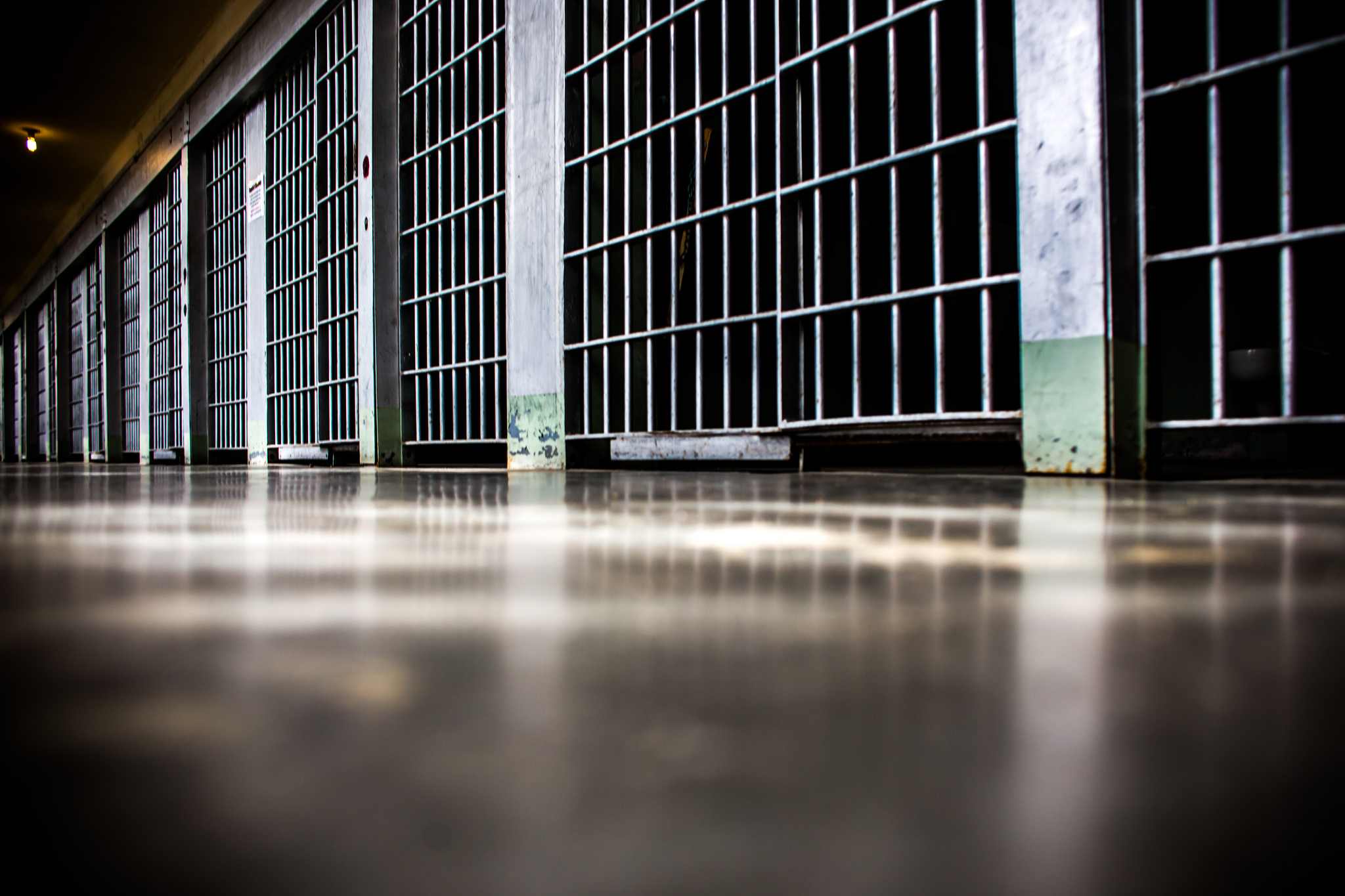
Mental health problems and short staffing plague a Texas lockup in COVID lockdown.
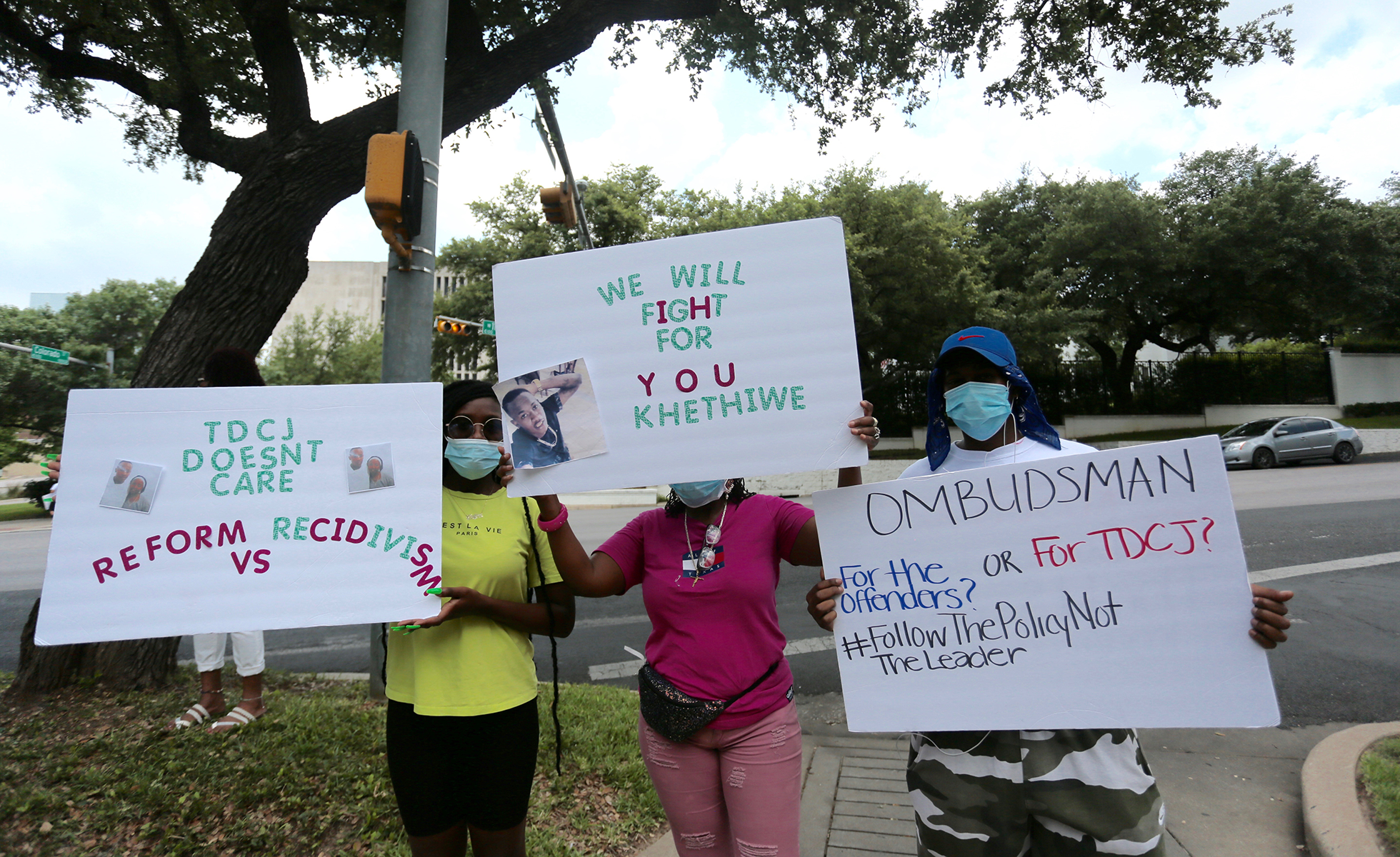
People approved for parole in the Texas prison system already waited months to start programs required for their release. Coronavirus is making some wait even longer.
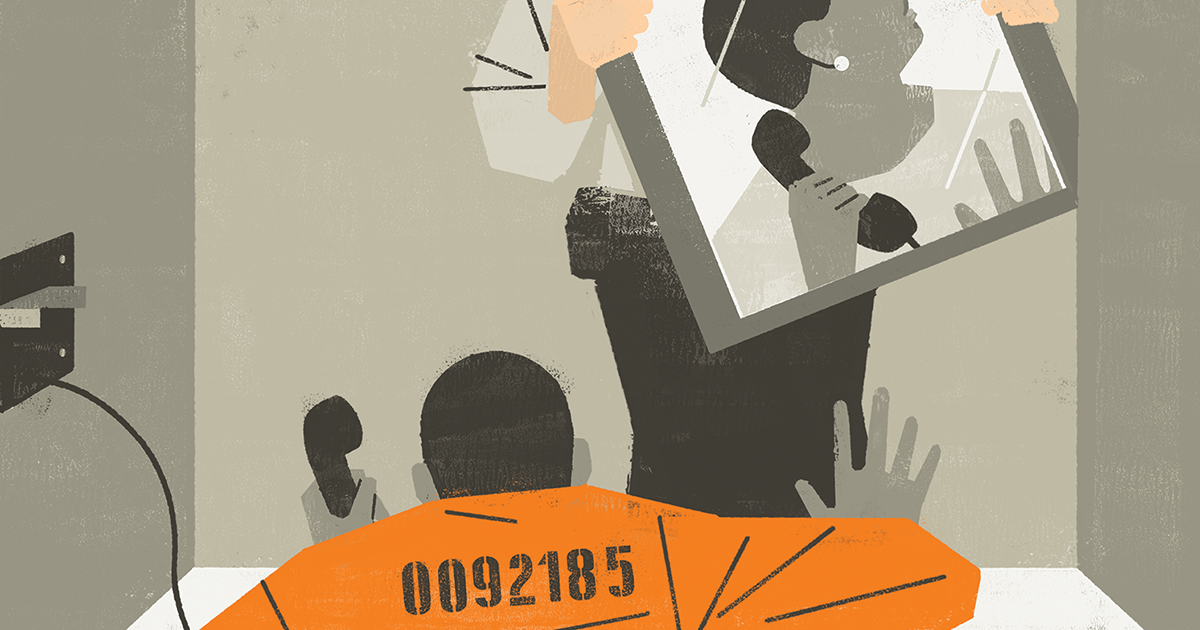
Visitation is a critical lifeline for incarcerated people, yet some families say Texas prison officials ban them from seeing loved ones over petty or unproven claims of misconduct.
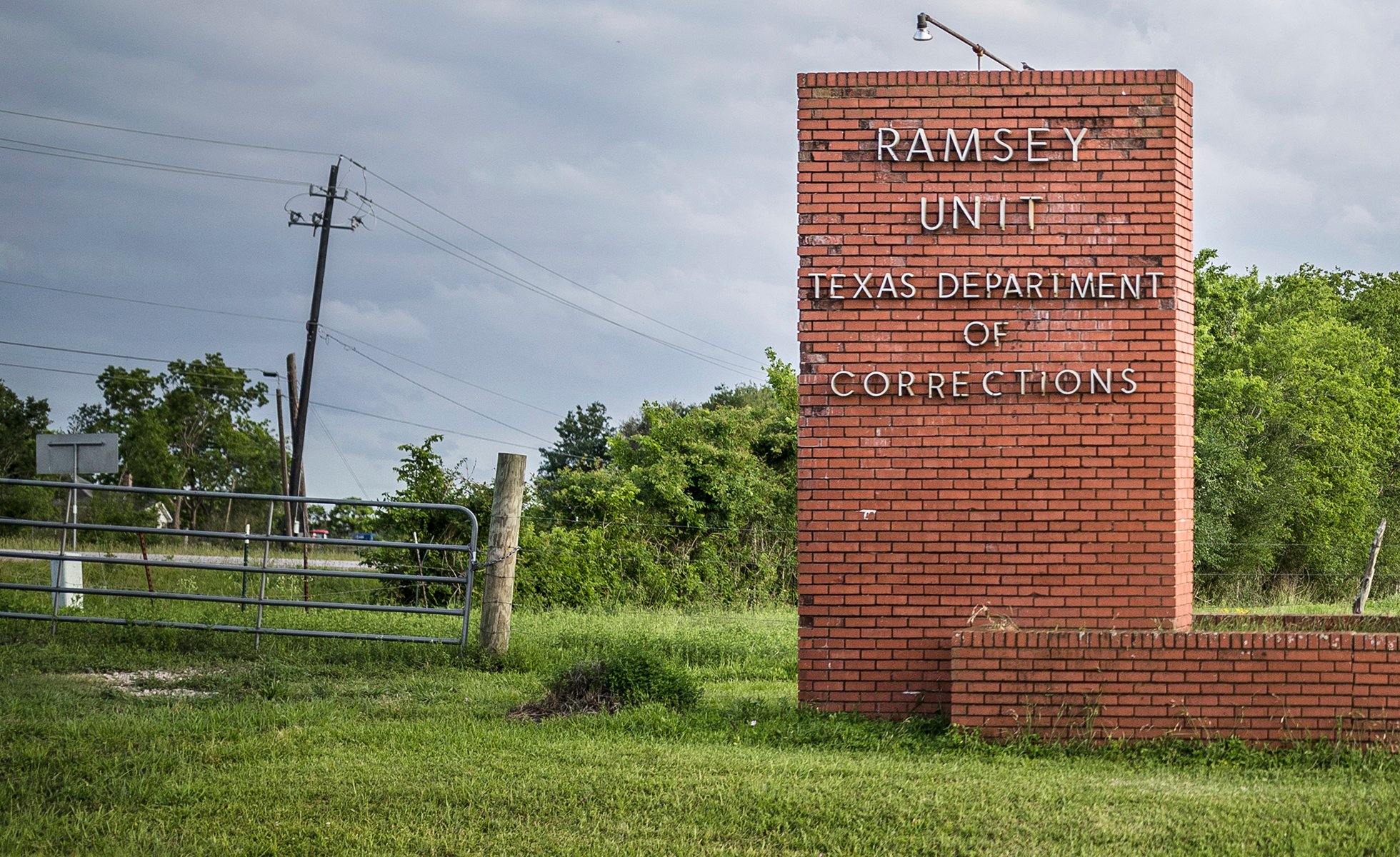
While prison officials insist they’re doing their best in the face of an unprecedented crisis, Governor Greg Abbott has effectively ignored the pandemic inside the Texas prison system.
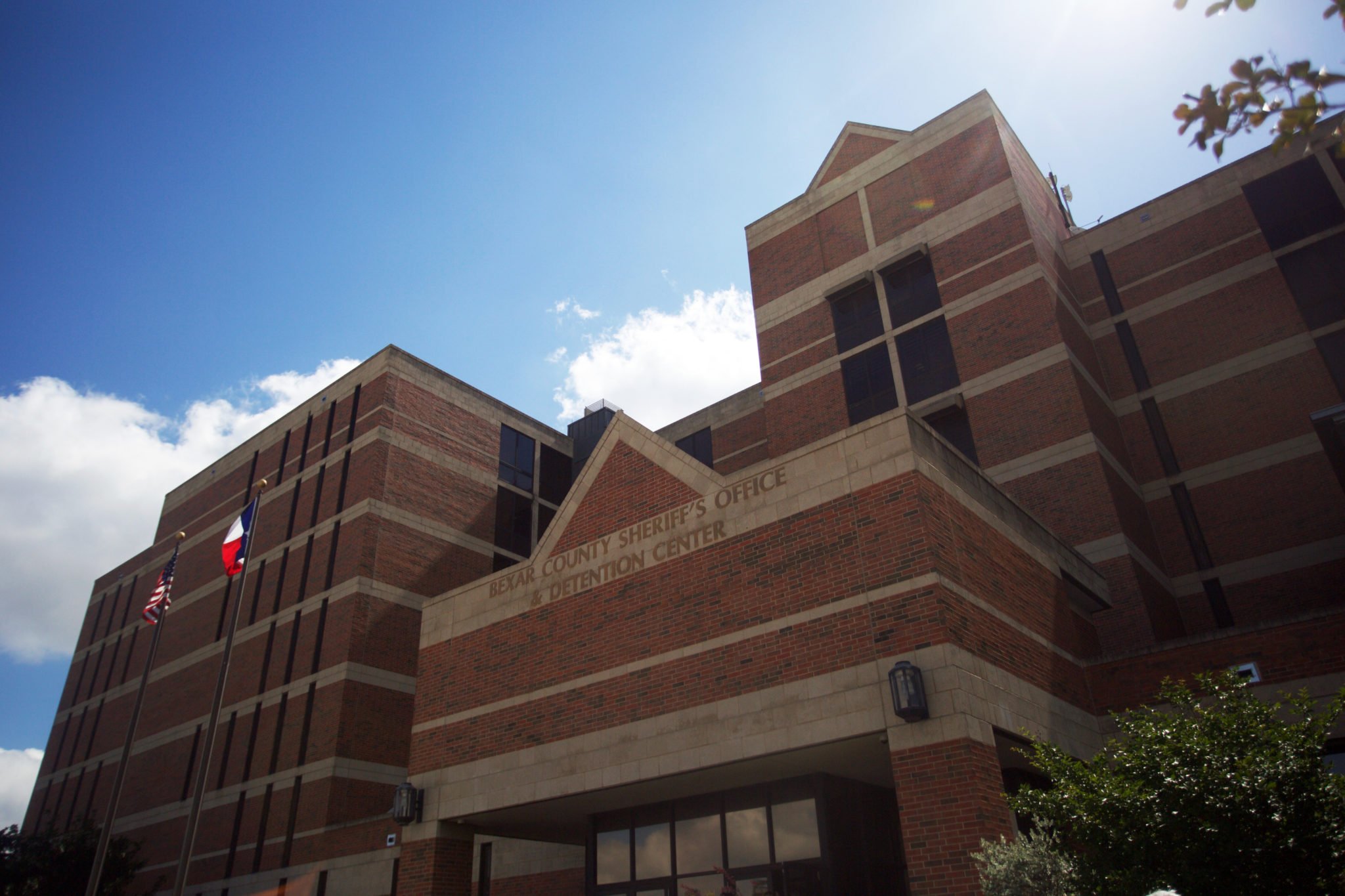
Fearing spread of coronavirus, some sheriffs are calling on police to stop arresting and jailing people on low-level charges—a step reformers have been pushing for years.
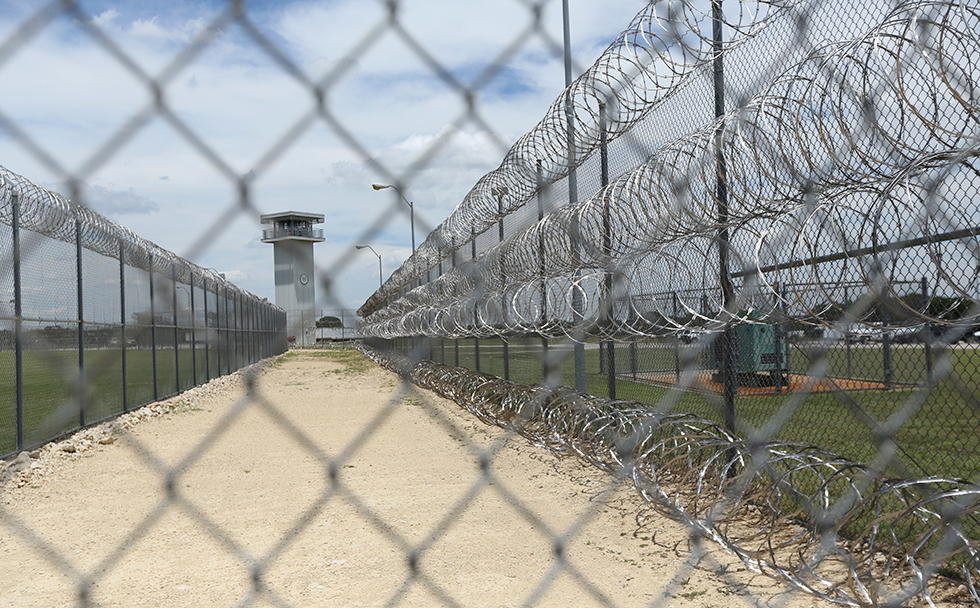
Families of prisoners and civil rights groups call the new policies arbitrary, punitive, and isolating for people behind bars.
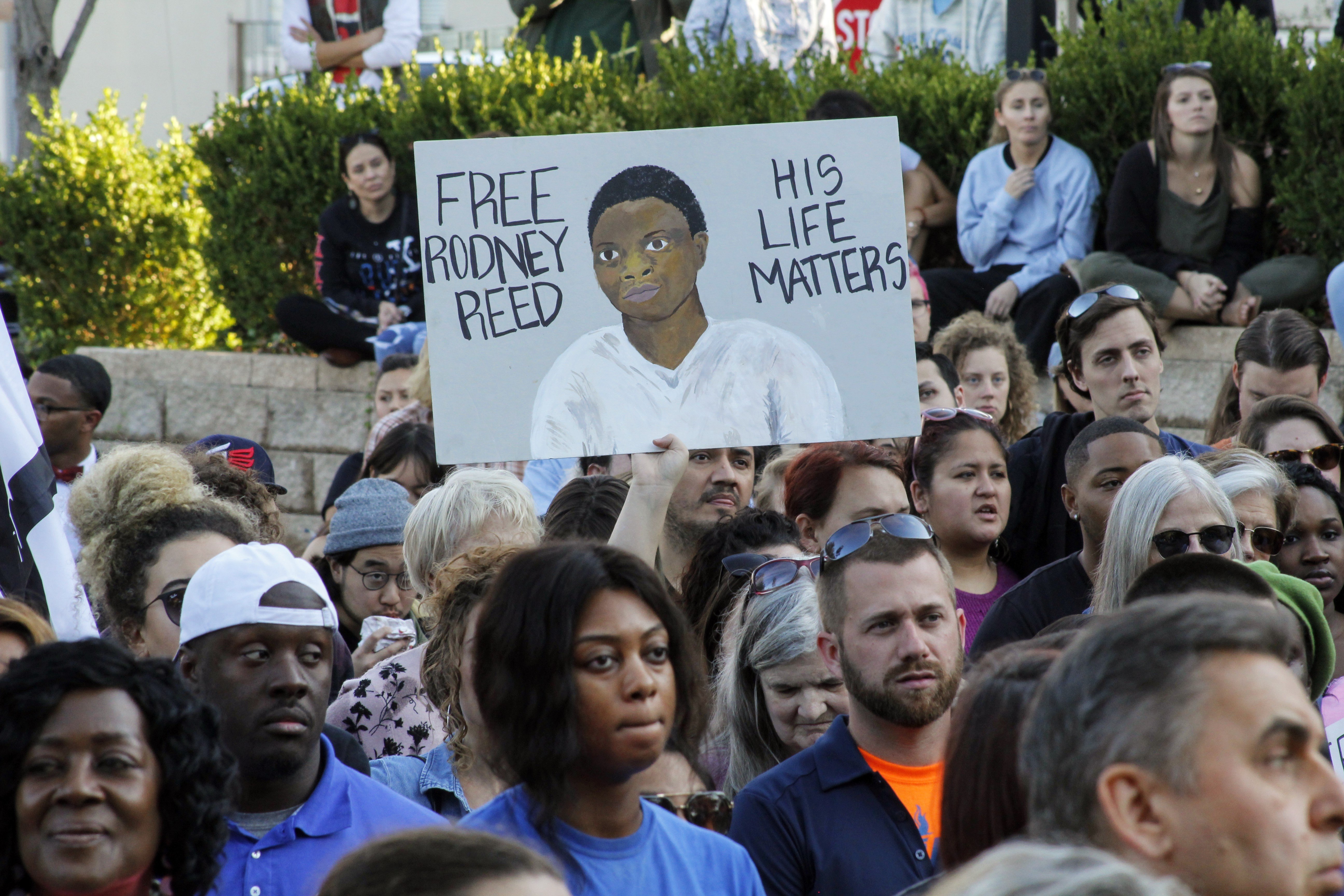
Deafening calls to spare Rodney Reed’s life point to a larger distrust in Texas’ use of the death penalty and an erosion of confidence in the justice system that convicted him.
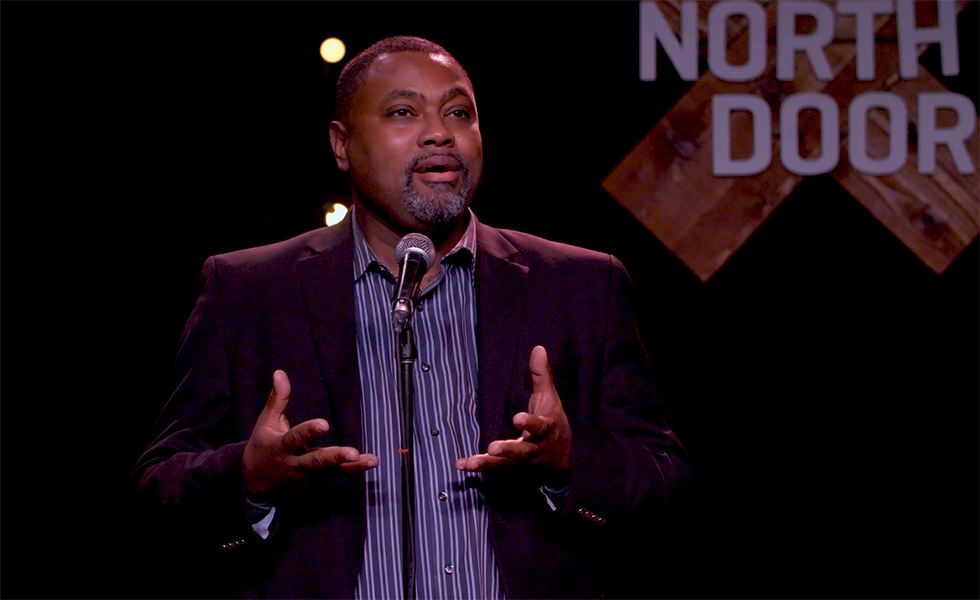
At the Observer’s inaugural live storytelling event, formerly incarcerated advocates were among those sharing their experiences with Texas’ criminal justice system.